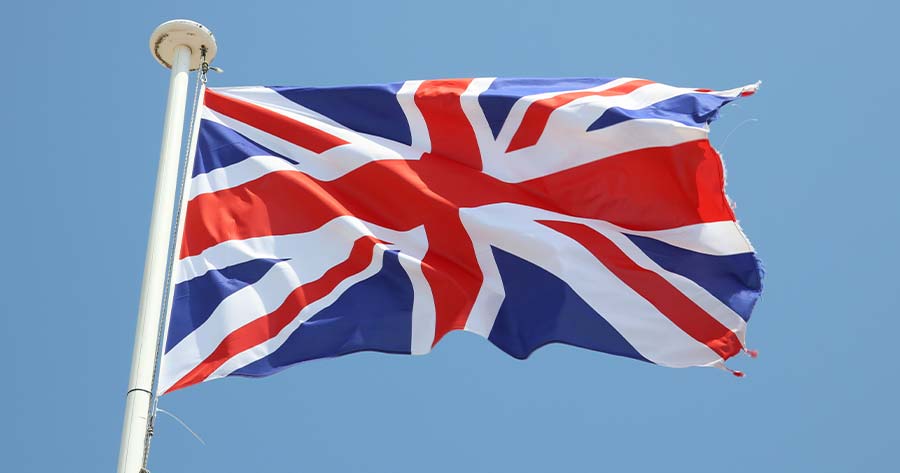British business confidence dipped in the third quarter as worries over taxes impacted investment decisions, as per a survey of accountants echoing similar sentiments from various business groups leading up to the upcoming budget under the new Labour government.
The Institute of Chartered Accountants in England and Wales (ICAEW) revealed that its quarterly Business Confidence Monitor decreased to 14.4 in the three months ending in September, marking the first decline in a year from 16.7 in the previous quarter.
Alan Vallance, the chief executive of ICAEW, highlighted that businesses are grappling with concerns related to the tax burden, leading to a reluctance to invest. Finance minister Rachel Reeves has cautioned about potential tax increases in the upcoming budget, citing a significant overspending in public finances left by the prior Conservative government.
The survey indicated that 29% of companies identified the tax burden as a growing obstacle, a figure that matches the highest reading in the survey’s history since 2004 and surpasses the average of 16%.
Another survey conducted by the British Chambers of Commerce also reported a decline in business sentiment due to apprehensions regarding the budget’s impact on tax levels. While the government has dismissed raising rates for income tax, corporation tax, value-added tax, and National Insurance contributions, concerns persist among businesses about potential tax hikes such as a rise in capital gains tax.
Amidst the economic landscape, businesses have slightly downgraded their plans for investment growth, with firms in the ICAEW survey indicating an intention to increase investments by 1.9% over the next 12 months, down from the previous projection of 2.1%.
Prime Minister Keir Starmer is set to lead an international investment summit on October 14, with a focus on enhancing foreign direct investment to bolster economic growth. This initiative marks one of his primary objectives since assuming office in July.
Meanwhile, Vallance emphasized the need for the chancellor to provide businesses with certainty and stability, suggesting reforms to VAT, business rates, as well as increased public and private investments as potential measures to bolster economic conditions.




